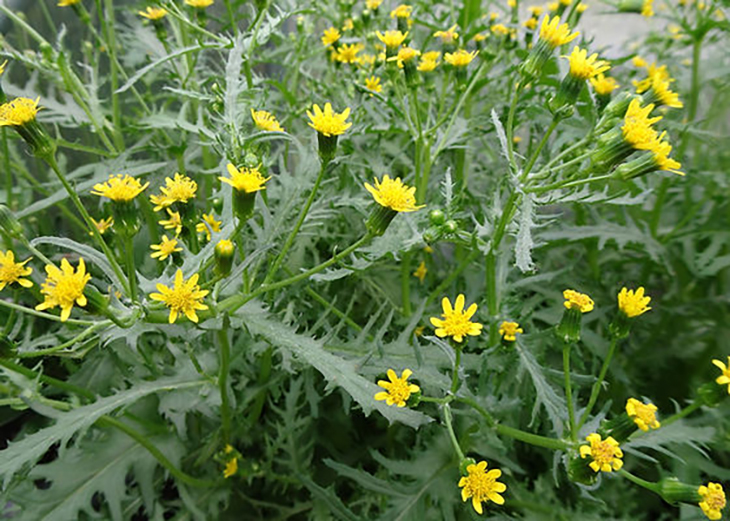
As if science wasn’t cool enough, it has now allowed botanists to bring flowers back from extinction.
The English media cannot stop buzzing about their excitement over this incredible achievement, which is being called the first-ever “de-extinction event” where a rare yellow wildflower that was native to northeast England has been brought back to life.
The York groundsel, which is a pretty and small yellow wildflower, has been considered extinct since 1991. However, due to a handful of seeds that were shed from three potted specimens that were kept alive on a windowsill at the University of York, it has gone from extinct to reborn.
These precious seeds were stored with remarkable care at the Millennium Seed Bank in the famous Kew Gardens.
When botanists at Natural England learned that the seeds were approaching the end of their lifespan, they knew they needed to take decisive action to resurrect the York groundsel. It was a challenging task as well, however, they were very determined to accomplish it.
In order to complete the experiment, a plastic greenhouse was constructed at the Rare British Plants Nursery in Wales, and due to how amazing it all worked out, the seeds managed to produce an abundance of offspring. At least 98 of the 100 seeds germinated, and because of those three remaining seeds on the windowsill, they passed their genes to literally thousands of offspring, just three decades after they had died.
Alex Prendergast, a vascular plant senior specialist for Natural England, told the Guardian, “It’s a smiley, happy-looking yellow daisy and it’s a species that we’ve got international responsibility for. It’s also got an important value as a pollinator and nectar plant in the area because it flowers almost every month of the year.”
“It only lives in York, and it only ever lived in York. It’s a good tool to talk to people about the importance of urban biodiversity and I hope it will capture people’s imagination.”
This groundsel holds a unique distinction, being the only known species to have evolved in England within the last 50 years, focusing all its evolutionary prowess on adapting to urban environments. During the stagflationary recession of the 1970s, it remarkably sprouted from every crack in the pavement, but unfortunately, it eventually succumbed to the widespread use of weedkillers.
Prendergast said that this de-extinction event is likely to be a rare occurrence, given the exceptional nature of the York groundsel. However, it serves as a powerful testament to the immense significance of the Millennium Seed Bank, a vital resource in preserving and restoring biodiversity.
With the successful revival of the York groundsel, it now stands as a beacon of hope that showcases the possibilities of conservation efforts while highlighting the critical role that seed banks play in safeguarding our planet’s unique and endangered plant species.
What are your thoughts? Please comment below and share this news!
True Activist / Report a typo


